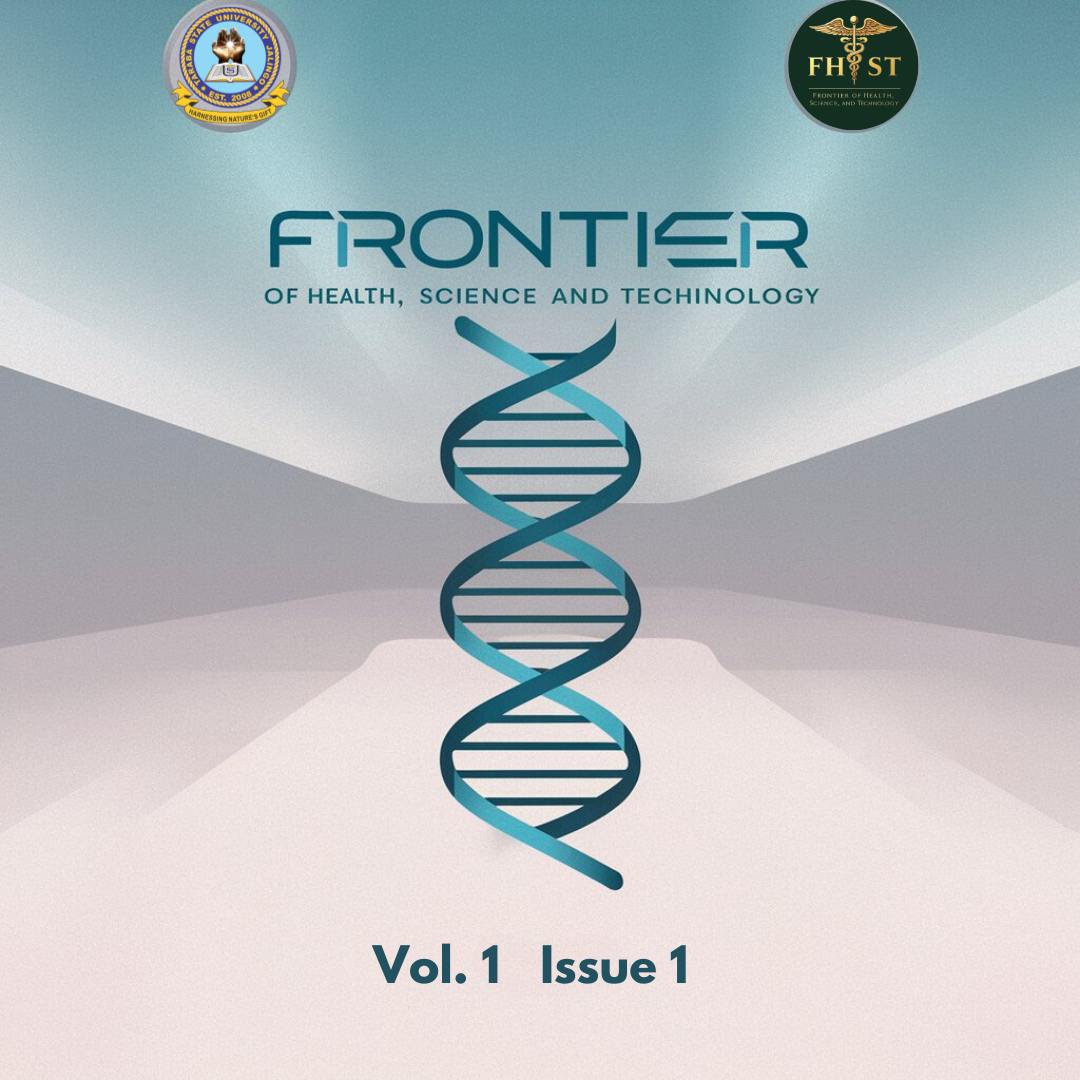MENTAL HEALTH CHALLENGES AMONG ADOLESCENTS LIVING WITH HIV/AIDS ATTENDING ART SERVICES IN TARABA STATE UNIVERSITY COMMUNITY, JALINGO
Keywords:
Mental health challenges, Adolescents, HIV AIDS, ART servicesAbstract
This study aimed to analyze the socio-demographic characteristics associated with mental health
challenges and optimal use of ART services among adolescents living with HIV AIDS in the Taraba
State University community, Jalingo. A cross-sectional study was conducted among 425
adolescents aged 10-19 years attending ART services. Data on socio-demographic variables
including gender, family background, marital status, occupation, education level, age, treatment
interruptions, adherence to follow-up dates, and reminders from parents were collected. Bivariate
analysis using chi-square tests examined associations between these variables and viral
suppression status as a proxy for optimal ART use. The majority of participants were female
(61.6%), single (94.8%), and aged 17 or younger (80.5%). Family background significantly
influenced viral suppression status, with higher rates among those with both parents alive (p <
0.05). Similarly, marital status, occupation, educational attainment, age, treatment interruptions,
adherence to follow-up dates, and reminders from parents showed significant associations with
viral suppression (p < 0.05). Gender, however, did not emerge as a significant factor. Sociodemographic factors play a critical role in shaping mental health challenges and ART utilization
among adolescents living with HIV/AIDS in university communities. Enhancing family support,
educational programs, and integrated healthcare services tailored to their specific needs are
recommended to improve health outcomes. Further research is warranted to explore additional
influences and refine targeted interventions for this vulnerable population.


